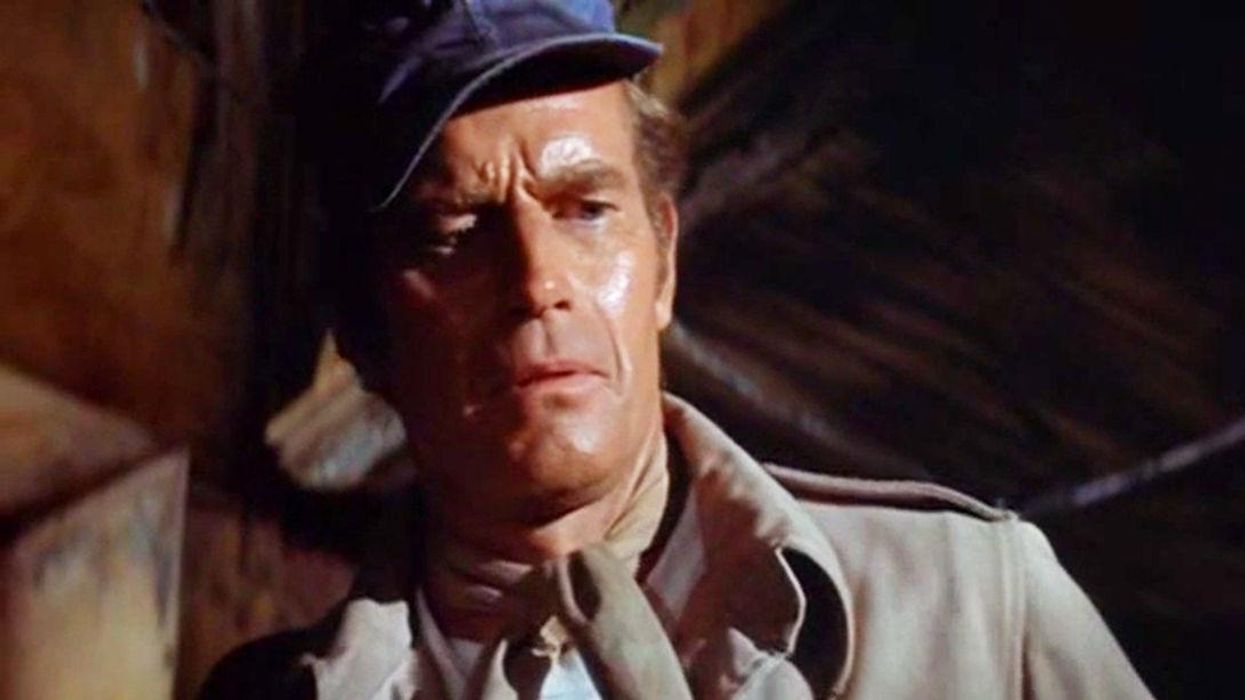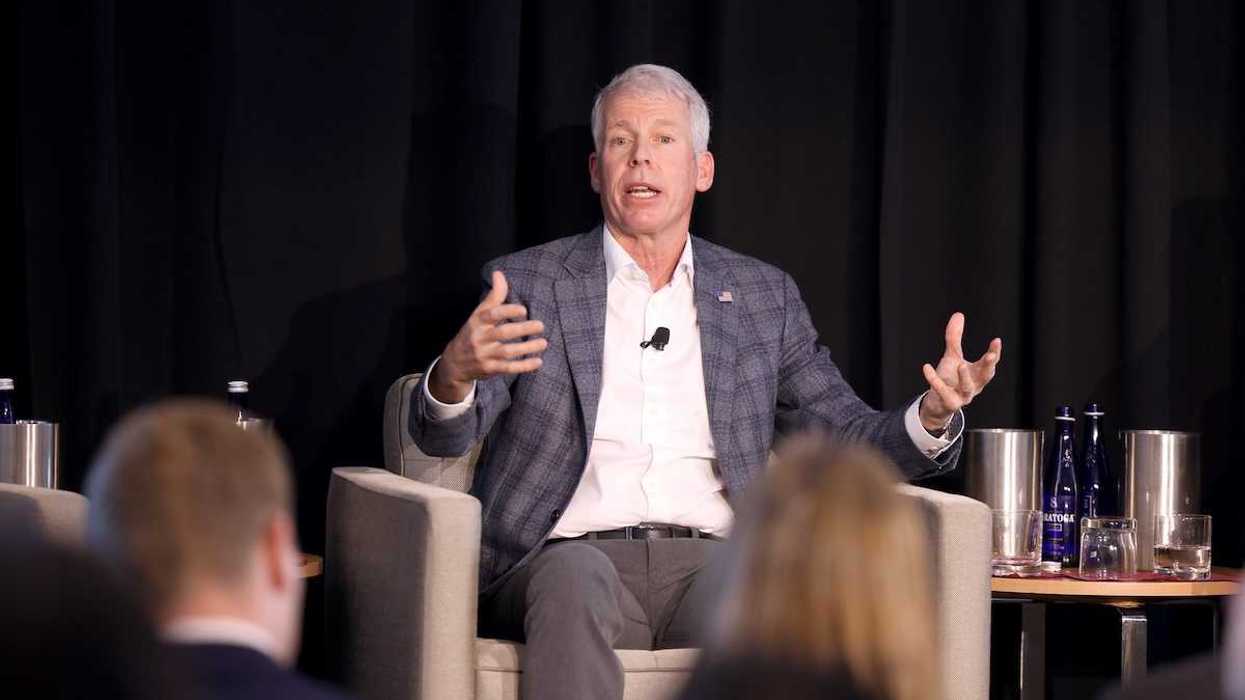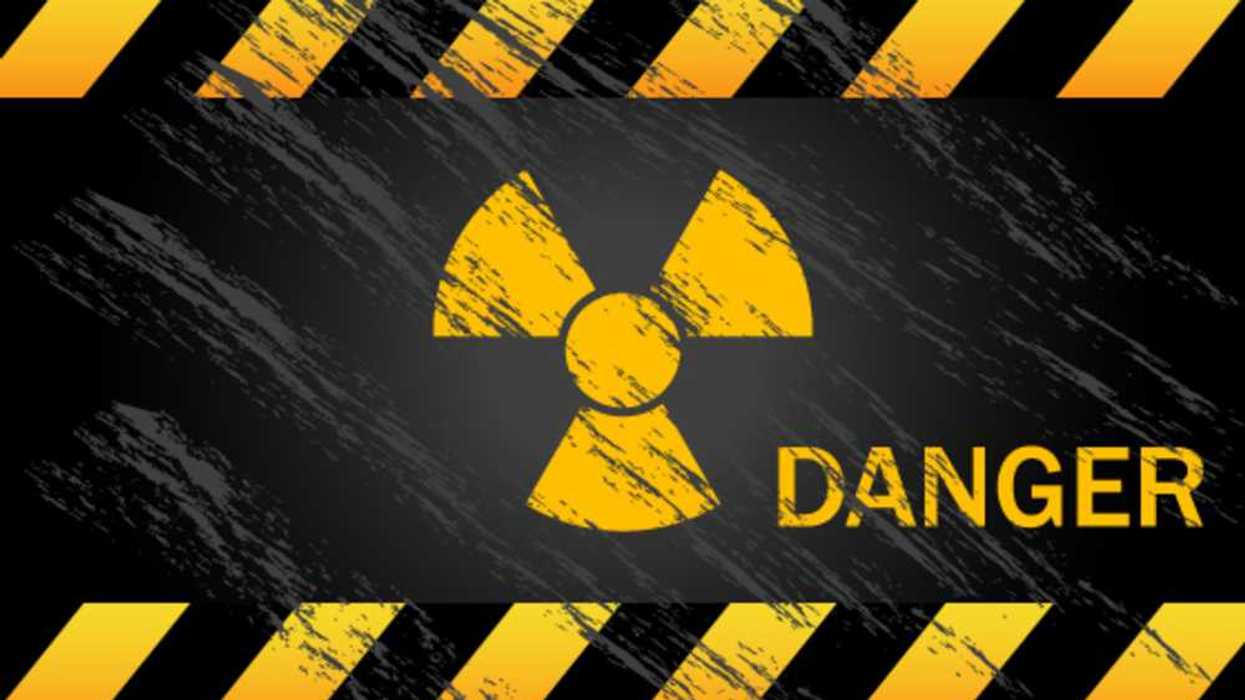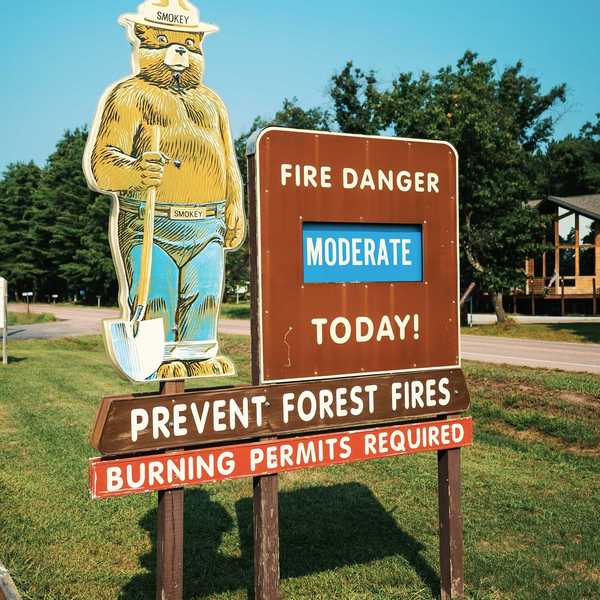In the 70s an often-forgotten film predicted climate change, chaos, and cannibalism in America's not-so-distant future.
Well, we're underachieving on the cannibalism, but if you count the coronavirus as "chaos," we're doing fine on the other two.
Soylent Green, starring Charlton Heston, premiered nationwide on May 9, 1973, to mixed reviews. In a year when The Exorcist and The Sting lapped the field, its box office take did not make the top 25 films.
Set in a hungry, desperate New York City beset by pollution, overpopulation, and a climate where the temperature stays above a humid 90° F, life is so awful that euthanasia is not only legal, it's often welcomed.
The year of this future hellscape? 2022.
Aided by Hollywood legend Edward G. Robinson, Heston investigates the murder of one of the city's elite, the CEO of the Soylent Corp. Soylent provides roughly half the world with its nutrition in bland soy-and-lentil wafers marketed as Soylent Red and Soylent Yellow.
When the tastier, protein-rich Soylent Green hits the market, food riots ensue, and Heston sleuths the new, secret ingredient.
A Heston digression
Charlton Heston's remarkable career is worth a few paragraphs. A World War II veteran, he built a strong Hollywood resume as a 1950's action hero. But Heston became Hollywood royalty through three Judeo-Christian-based epics: He parts the Red Sea in The Ten Commandments (1956); ruins the chariot-racing Romans in Ben-Hur (1959); and trolls the Son of God in The Greatest Story Ever Told (1965).
Meanwhile, Heston became a liberal Hollywood icon by stumping for the Civil Rights Act, and, in 1968, in favor of gun control. And his signature film work took an abrupt turn from a biblical past to a dystopian future.
Planet of the Apes (1968) starred Heston as an astronaut inadvertently propelled into a future where apes, chimps and orangutans dominate, thanks to evolutionary changes brought on by nuclear war. The box office smash also devolved into four sequels, two short-lived TV series, two remakes, and two more sequels.
Soylent Green never rated any sequels, but it preceded an abrupt political turn by Heston, who spent the last decades of his life as a conservative icon and president of the National Rifle Association.
"We have met the entrée, and he is us."
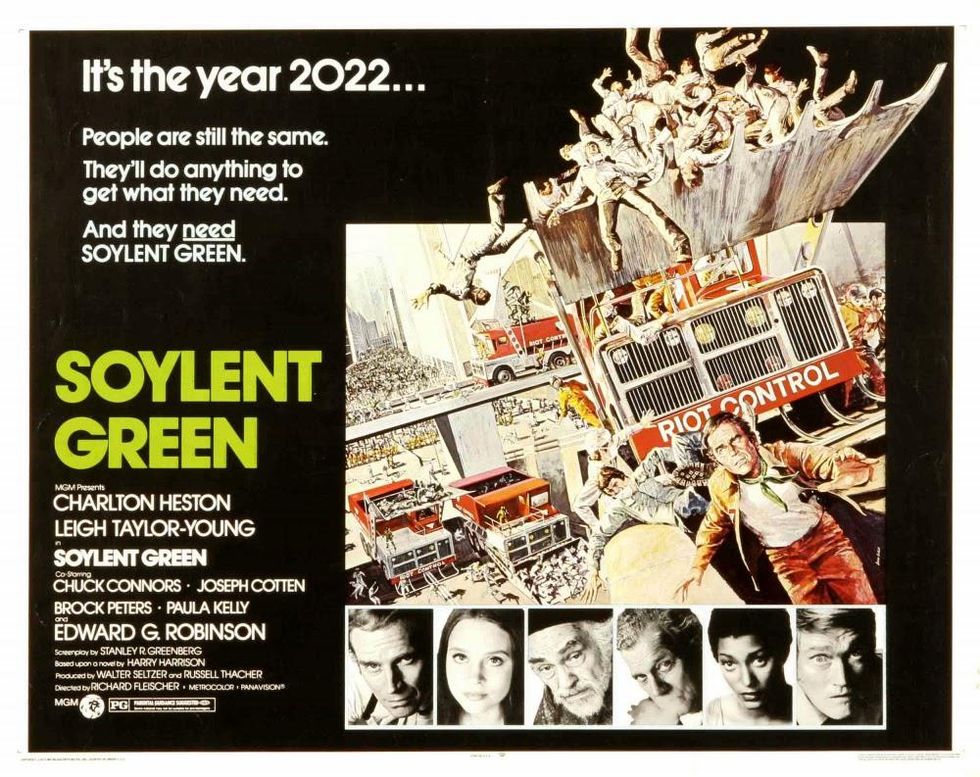
And now, back to Soylent Green ...
The movie may have sounded ominous warnings about climate change on filthy Manhattan streets, but it also depicted young women as "furniture" at the disposal of the rich.
Clean air and water, overconsumption, resource exhaustion and other 21st century themes abound in this clumsy, dated film.
Oh, and did Mr. Heston ever figure out the secret to Soylent Green's high-protein success? To paraphrase the 20th Century swamp philosopher Pogo, "We have met the entrée, and he is us."
Yes, as Heston shrieks at movie's end, "Soylent Green is people!"
Or, as modern-day talkshow guests are so fond of saying, "Thanks for having me."
Peter Dykstra is our weekend editor and columnist and can be reached at pdykstra@ehn.org or @pdykstra.
His views do not necessarily represent those of EHN, The Daily Climate, or publisher, Environmental Health Sciences.
Banner photo: Charlton Heston in Soylent Green. (Bill Lile/flickr)

